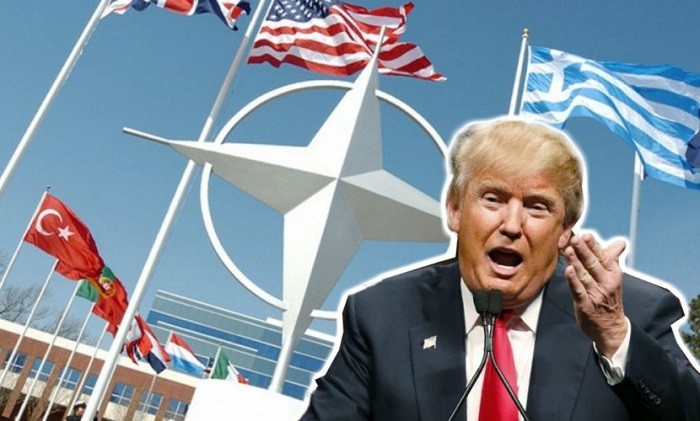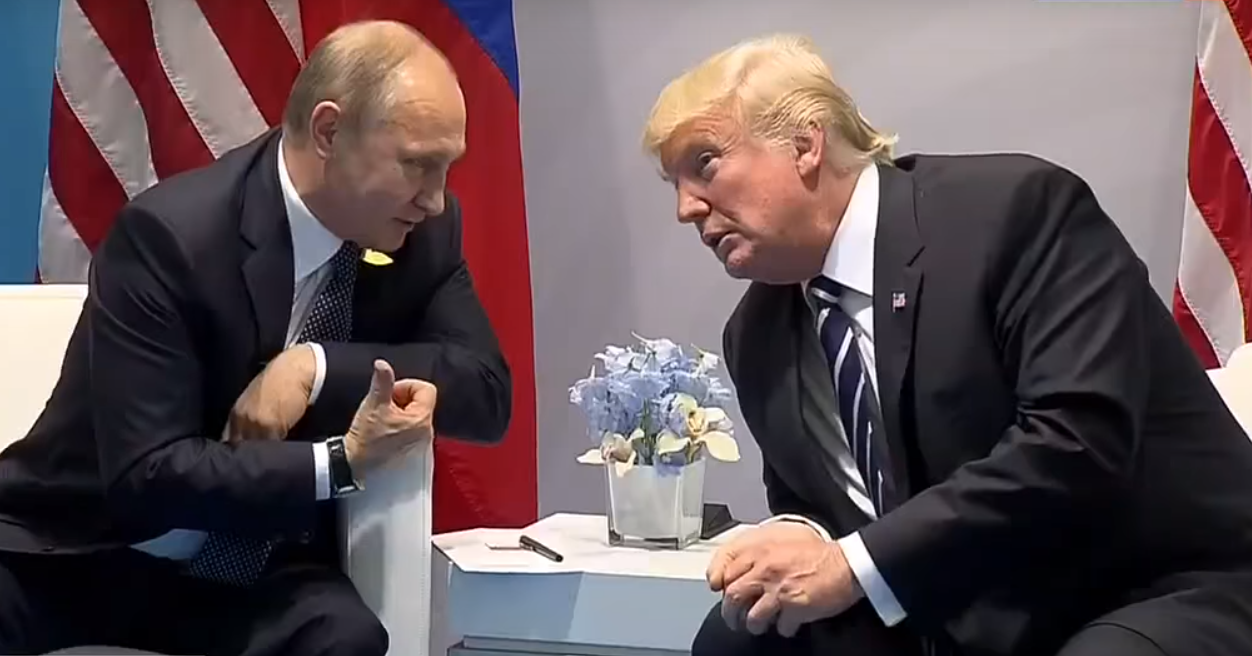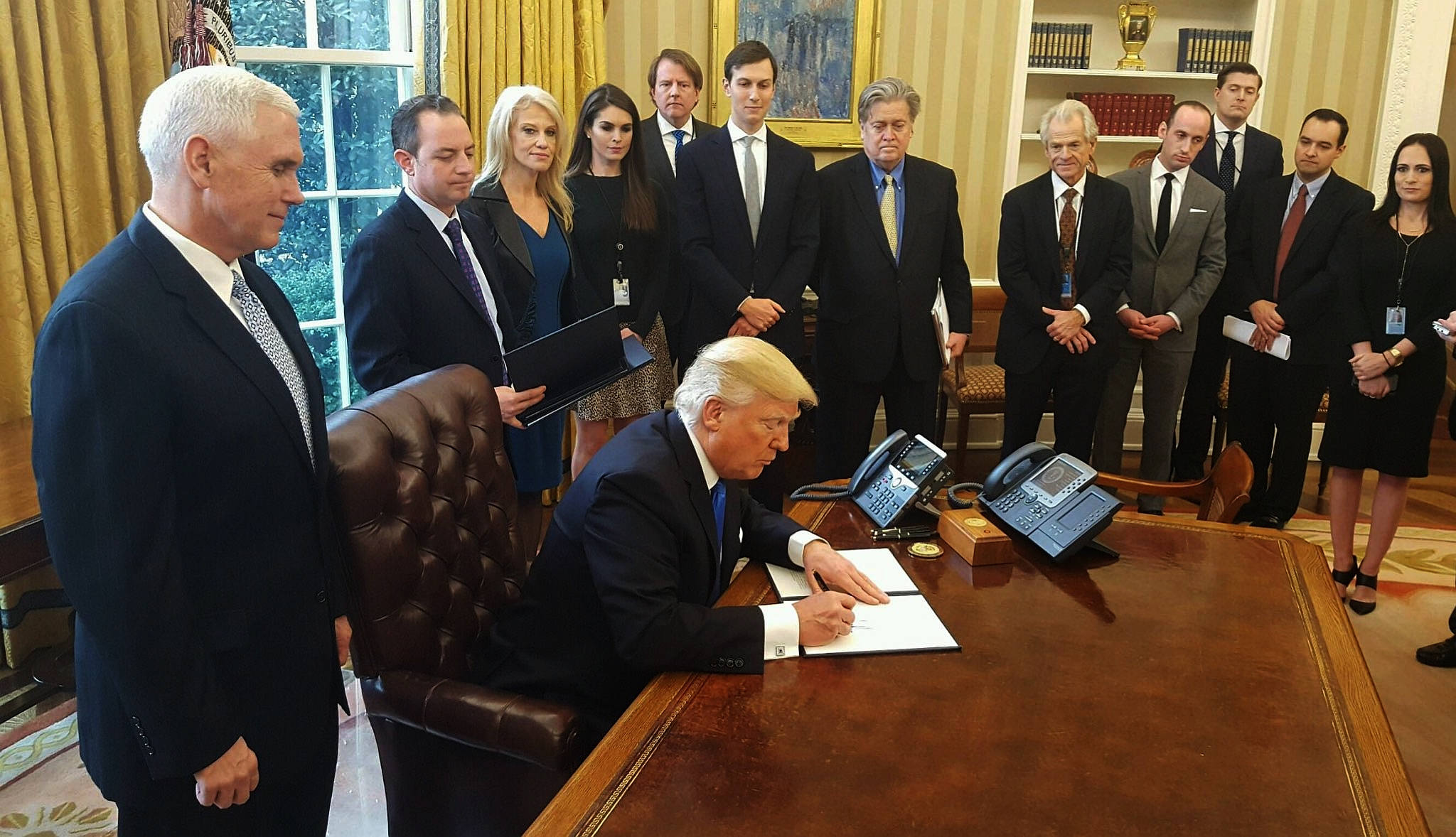Vladimir Putin’s regime is “ideologically close” to the right-wing populism now sweeping the West in its “xenophobia, isolationism and hurrah-patriotism” and with its “cult of a strong national leader” who alone can take on and destroy the power of the elites that the masses hate, according to Igor Eidman.
The only way forward, the Russian commentator suggests, is to “’de-Muscovize Russia’” by destroying “the corrupt bureaucratic vertical and transferring power in the localities to a new democratic self-administration of people,” a step he says would win “sympathy in the majority of Russian regions.”
Many have argued that Moscow-centrism is the chief problem for Russia and for Russia’s relations with the outside world, and that Putin has made it worse by working to consolidate all power in the Kremlin. But what makes Eidman’s suggestion so intriguing is where he gets it from – from how democratic forces are reacting to Donald Trump’s actions.
What the new US president is doing, the Russian commentator says, is conducting an American version of the old Russian game of “the tsar against the boyars” and seeking “to achieve absurd goals with the aid of equally absurd means. Among these pairings, he argues, are the following:
- Trump seeks to “revive dying archaic production in a post-industrial society with the assistance of equally out-of-date protectionism.”
- He tries to “'revive the greatness of the US' by turning away from allies and separating it from the world by real and virtual walls.”
- He says he is “'returning power to the people,' by linking himself to society as an authoritarian leader.”
- He wants “achieving super-popularity by entering into conflict with the mainstream media.”
- And he is “'defending the rights' of workers by strengthening the rule of big business.”
“Of course,” Eidman continues, “this absurdity could not fail to generate the resistance of sober-minded Americans and of the main political institutions of the US. Trump already has a prepared response to this threat. He is trying to appeal to the masses, setting them against the elites.
“Apparently,” Eidman says, “Trump is already now beginning to prepare himself for such a turn of events.”
All this might be dismissed simply as a bad joke were it not for the light it casts on a much bigger problem: “Judging from public opinion research,” the Russian commentator says, “Western society is experiencing a crisis of trust in is basic political institutions. People want social change, the exit of old elites and direct participation in power.”
Those feelings are being exploited by Trump and his “European ultra-right” counterparts, including in important respects Putin in Russia, Eidman says.
What might that look like? Eidman asks. It would include “decentralization, the development of self-administration, and direct democracy,” all things that could help resolve even the most difficult problems societies now face, including the handing of migrants and their integration into societies.
“If decisions on admission of refugees were taken not by the federal government but by local and city communities, this would be a conscious step by people taking on themselves responsibility for others and not a bureaucratic decision imposed from above,” the commentator continues.
If such decisions were taken locally rather than by central governments, Eidman argues, Los Angeles and Hamburg could take people in while those in the cities of Saxony or Oklahoma could decide not to. If there were such a local option in the US or Germany or even in Russia, many issues now dividing society that leaders are exploiting would solve themselves.
Eidman may be overly optimistic on this score, but he is onto at least two important things. On the one hand, he properly identifies hyper-centralization in Russia and the West as a danger that elites can exploit against the people they say they are helping. And on the other, he points to the ways in which Trump and Putin have more in common than many want to believe.
And although Eidman didn't address it in this commentary, yet another similarity between the two leaders was thrown into high relief yesterday. When Trump was challenged by the fact that Putin is a murderer, the American leader adopted the beloved Russian tactic of “whataboutism” saying the US has a lot of murderers too.
Related:
- Putin leading Russia ever more rapidly to fascism and the world to war, Israeli analyst says
- Solovey on the shape of the emerging Putin-Trump 'Big Deal' on Ukraine and much else
- Even if Trump and Putin make a deal, Ukrainians ready to fight to defend their country, Kyiv experts say
- A guide to Russian propaganda. Part 2: Whataboutism
- Putin and the Litvinenko verdict
- Is Putin poisoning his opponents?
- Six powerful quotes from Anna Politkovskaya about Vladimir Putin






